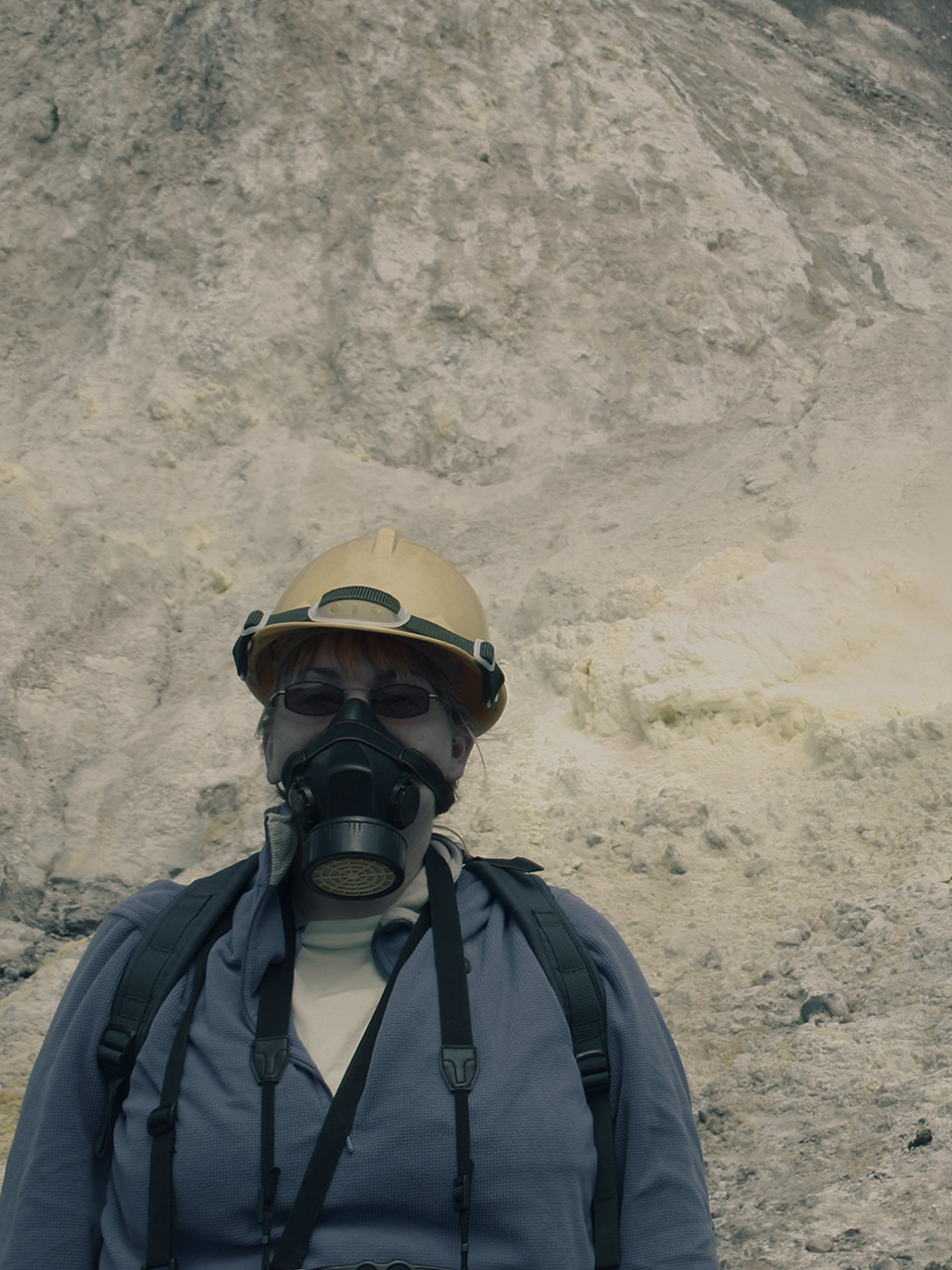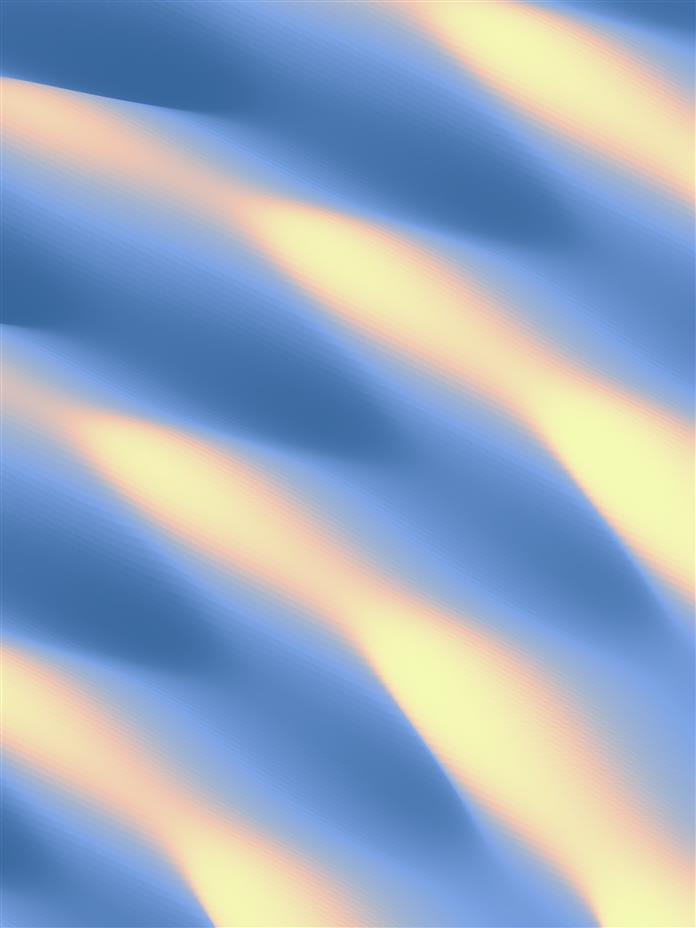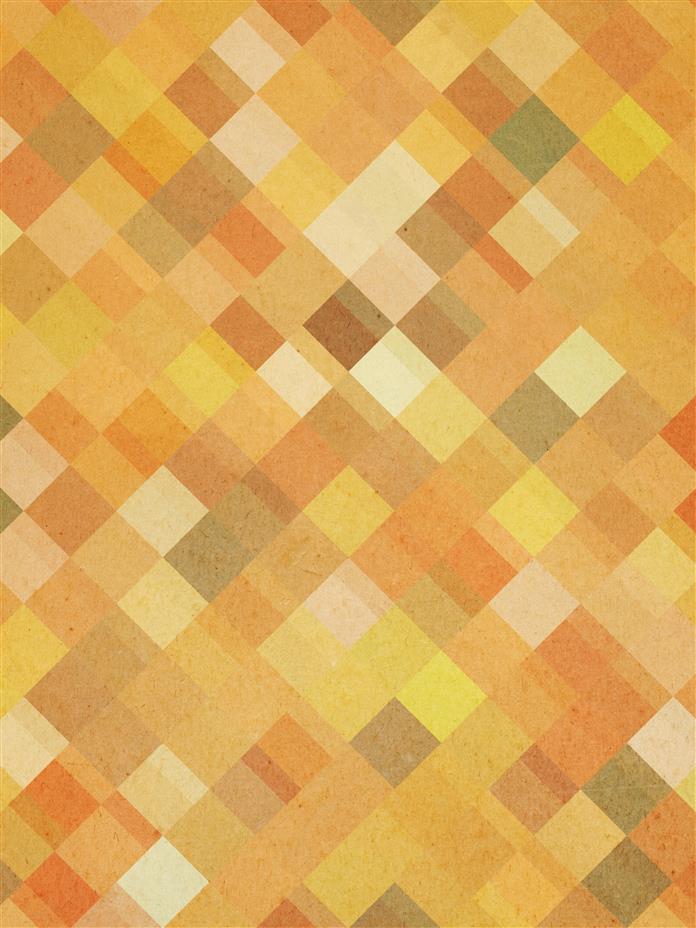
Tap to Read ➤
Volcanologist Education Requirements
Kundan Pandey


Volcanoes are one of the most interesting and scary geographical formations of the nature. Becoming a volcanologist and studying them requires excellent education. Know what do volcanologists need to study to know all about volcanoes.

The marvels of nature are abundant and volcanoes are amongst the most fascinating geological formations. With extremely high risks and dangers, this profession stands as one of the most challenging and interesting career options for students who love to study nature and its physical sciences.

Before knowing about various aspects of a volcanologist's jobs you have to know that to become a well trained, certified and professional volcanologist, you need study for at least 10 to 13 years!! As most of the work done by volcanologists in this field is related to in depth research and study of volcanoes, so it requires expertise in doctoral programs.
Volcanologist Education: An Overview


Understanding geological formations and the intricacies of lands is only possible if one has a degree is geography and Earth sciences. Being a part of the geological scientists profession, volcanologists study world famous volcanoes to predict their behavior and also find economical and possible ways to harness the energy of such gigantic structures.

To gain a entry in this profession, the minimum educational requirement is a post graduation degree. For higher designations, a PhD in concerned subjects is the minimum requirement.
High School Studies

Right from your high school years, you have to give your best to study subjects like physics, chemistry, mathematics, English, social studies, geography and computers. That will help you in your graduation years.

Bachelor's Degree
Generally, all volcanologists have a good background in any of the physical sciences that may include physics, geology, chemistry and computers. Why is computer education necessary for volcanologists?

Well, with the advancements of computer technology and complexity in dealing with huge data, tedious calculations and predicting nature of geological formations, it is very essential to know about computers.

Students aspiring to become volcanologist must learn all about computer software so that they can handle computers easier in their professional years. Generally, bachelor's degree in volcanology that also includes study of subjects like physics, chemistry, maths and computers is considered to be the first step towards becoming a professional volcanologist.

Basic study of geology and Earth Sciences is also a very important part of the syllabus of bachelor's of volcanologist. In the end years of graduation, it is the choice of the specialization, that is, ground deformation, volcanic gas geochemistry, seismology, physical volcanology etc. makes a difference in the later years of PhD education.

Master's Degree
Masters of science degree in geology with special emphasis on subjects like paleontology and mineralogy is very important.

Doctoral Degree
There are no defined limits in study of courses and subjects in volcanology. Similarly, there is no particular qualifying degree you can obtain. The maximum education you should obtain is up to you and learning in this field grows with every passing day. It is indeed, a vast area and studying everything is next to impossible for any mortal being.

Mostly, it is required and advised by experts to cover most of the geophysics and geology studies. Courses in oceanography and atmospheric sciences are also cited to be of crucial importance in studying about volcanoes.

One of the best volcanologist facts is that working in this profession gives the team members opportunities to visit the most exotic places on this Earth!! This is due to the fact that most of the volcanoes in the world are located in the most scenic places in this world.

However, the dangers associated with this profession are very high and the glamorous, romantic side of this profession sadly fades away when we see the challenges it poses to the life and resources that work for studying the volcanoes.